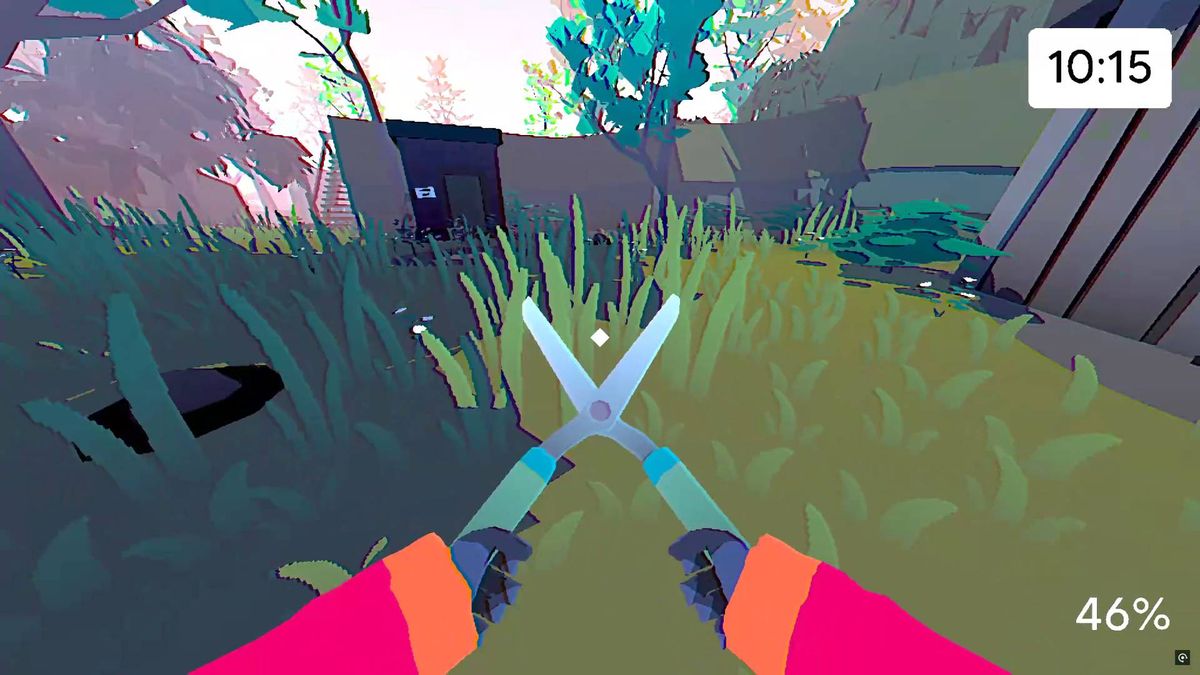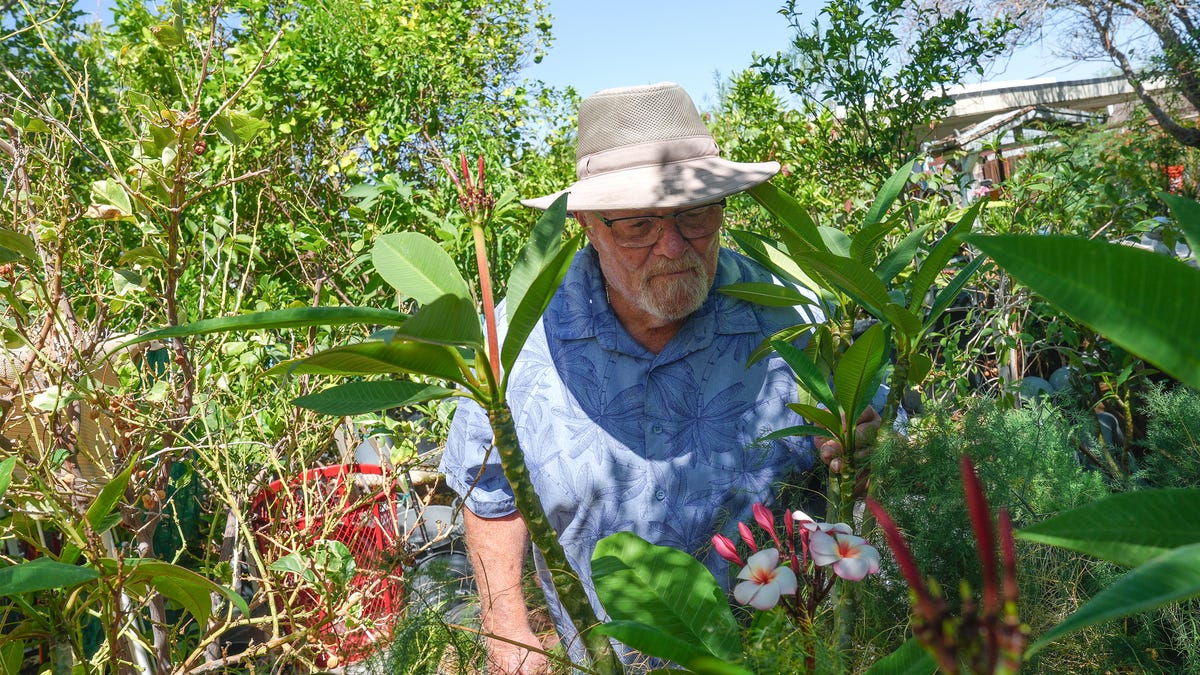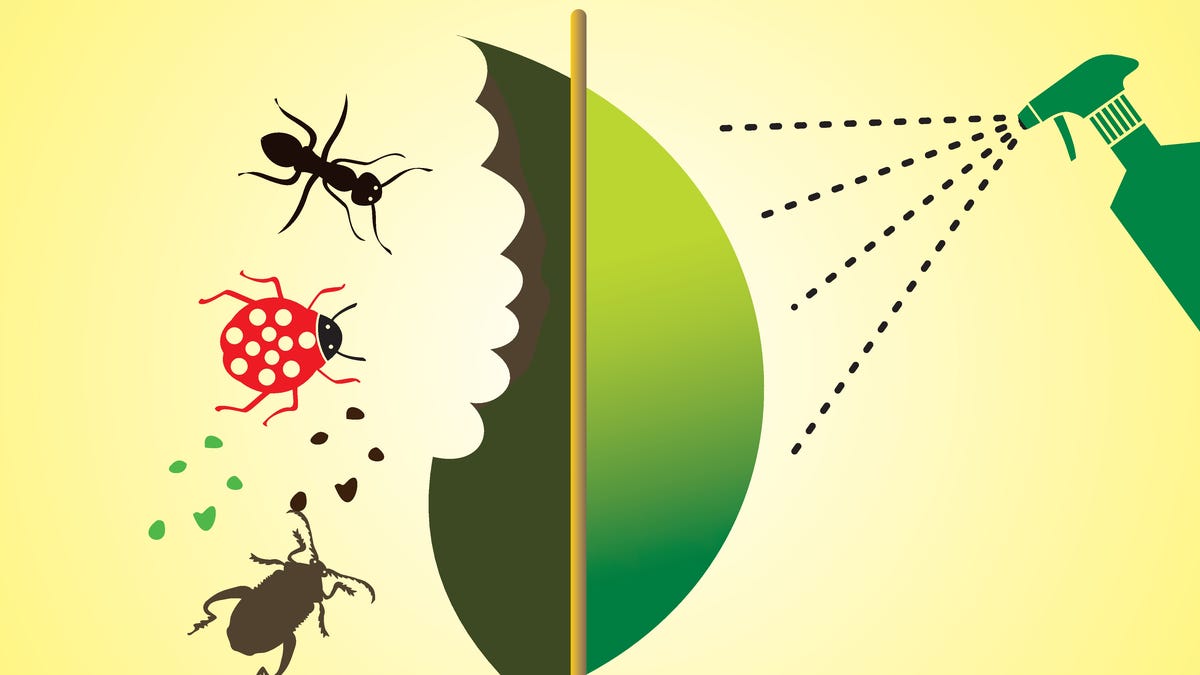Oh Grunn, what the hell are you? I’ve cut your grass, died your deaths and you’ve left me standing here with my head like one of those ‘wake up feeling worse’ naps, wondering if I should try talking to the drains more. Or seeing if there’s anything else I can do with the dead fish? Perhaps I should see if that magic door that appears in my room sometimes goes somewhere else after midnight…?
If it sounds like I’ve lost my mind, it’s because Grunn creates that effect. At first glance it’s sort of a playable dream about gardening. A darkly whimsical and surreal sim-like experience as you cut grass and water planets, with a wobbly, chromatic aberration-tinged art style that looks like the sort of preschool cartoon you’d make if you wanted to scare the children. However, as you chase perfection in your many tasks, and tend to your lawns, things start to open up in strange ways. Was that door there before? Are there more garden gnomes than there were earlier? And who is the strange, gangly man that always seems to be watching me from various corners?
Mad world
Stay on your toes
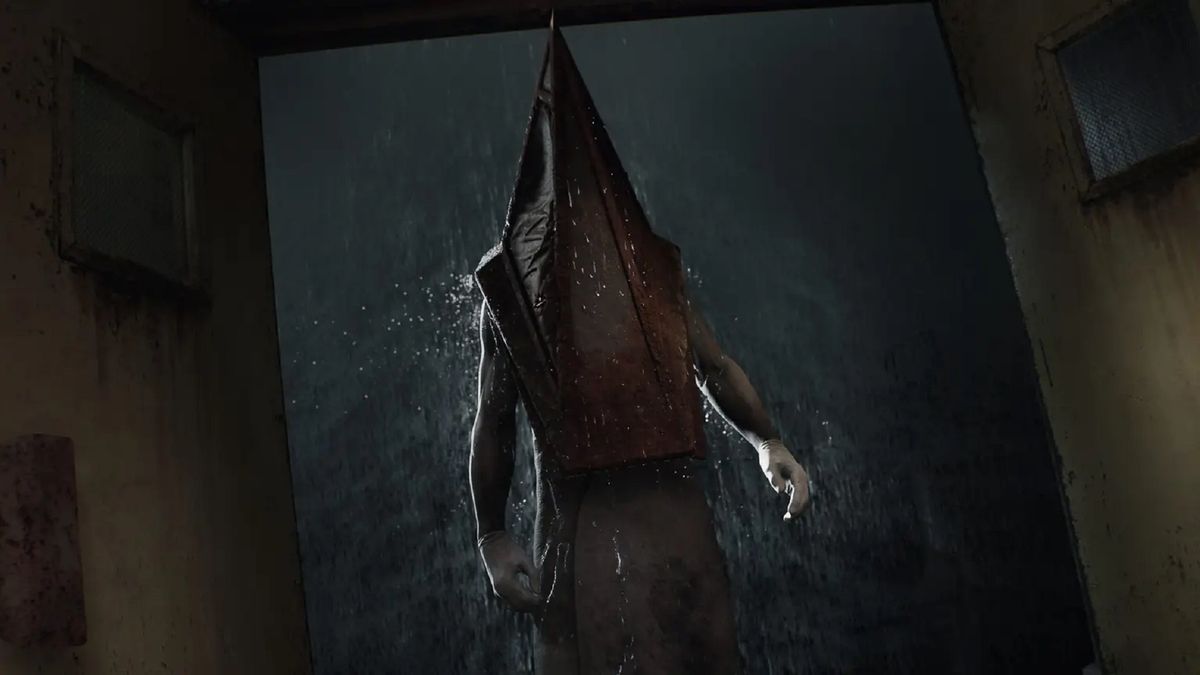
Check out the best horror games to play during spooky season
It doesn’t take long before you start to realize that familiar things like logic, or a basic respect for Euclidean geometry, aren’t welcome in Grunn. Strange doorways pop up frequently – triggered by events, progress or time – to join areas, or reach new ones, with little respect for the physical space between them. They appear in haystacks, or open out of walls with no room for the maze of corridors within.
Initially this all takes place in a garden, but you’re soon trying to stay on top of an overgrown church and park, all full of grass to cut, plants to water, litter to clear, molehills to dig up and so on. And at first, 100%-ing these areas seems like the goal, but the more you garden the more it becomes clear it’s not really what the game is all about – for starters you will probably die a lot more than you usually would by trimming a lawn. Often without warning. Imagine Alice in Wonderland but crueler, as playful settings frolic you to your doom. Frozen in a maze, lost in the dark, claimed by the mist, attacked by an oddly lanky muppet-like man… the list builds.
There are 11 endings in all, most of which involve death, but all tend to be a bit of a surprise when they happen. The sudden and unpredictable ways you can meet your end give this almost a time loop feel as you play on . You return forewarned and forearmed to race through what you know works, to see what else you can find. Numerous events, items and doors are only active or available at certain times, forcing you to plan and schedule your runs to achieve your intended goals in the scant two and a bit in-game days you have to play (with most runs usually lasting about 30 minutes).
Whatever you’re chasing, there’s a plethora of weird and wonderful items to find and odd rules to work out. Everything has a use somewhere and it soon becomes obvious that ‘finishing’ this isn’t really the point. It’s better to treat it like an interactive fidget toy as you find things and wonder what to do with them. What’s the ‘strange disk’ for? Or the apple? What does blowing this trumpet I’ve found do exactly? And why is it counting me watering ‘mysterious flowers?’
Gardening really is a decoy. Getting 100% in everything only unlocks one specific ending (that surprisingly doesn’t kill you), meaning you can forget about it for the most part once that’s done. Bar a few events that trigger when you cut a certain amount of grass, say, the real focus is on being a surreal detective, tracking down uses for items or working out how to reach certain areas. The magpie that only appears when the main garden is 30% done definitely wants something, for example. And what the hell do I do with this ‘eggball’ I bought from the food truck that only seems to open on Sundays?
Photo finish
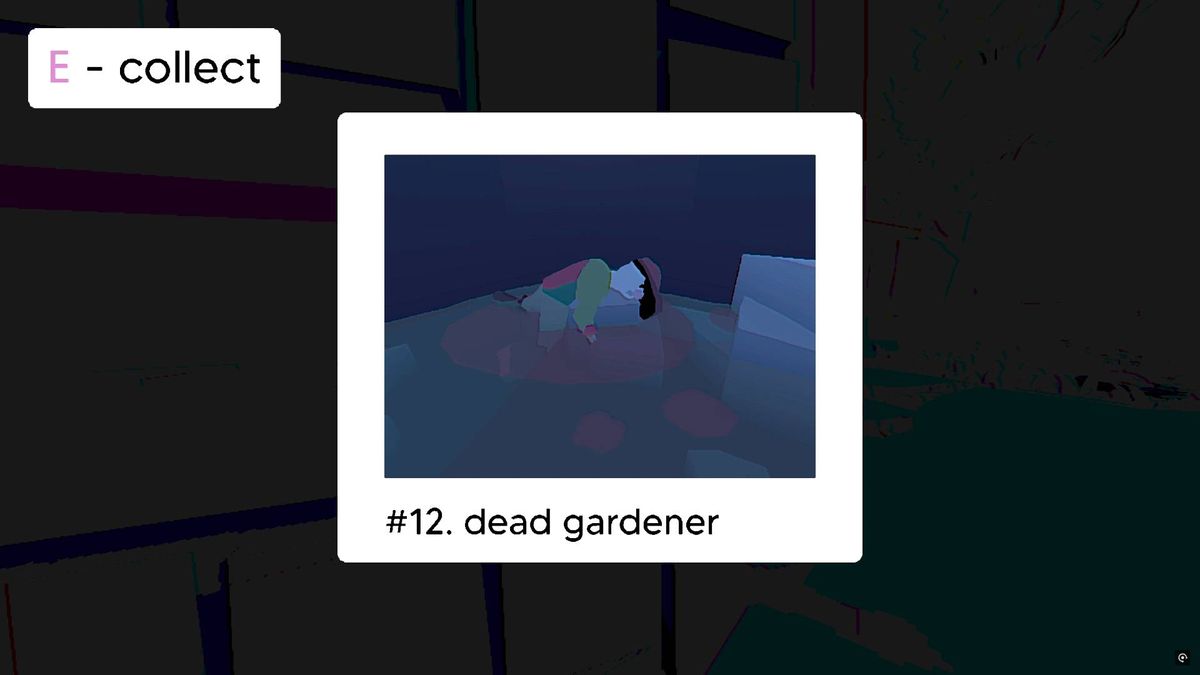
Helping you piece all this together are various Polaroids you find pinned to walls and objects as you explore. Usually unlocking or reaching a new area will give you a few more images to work with – cryptic shots of a body in an unknown location, or an item you’ve found placed somewhere specific you haven’t found yet. As you try to piece all these disparate hints together the world slowly gels in a way that only makes sense if you just give up and go with it. Explaining what you’re doing to anyone that hasn’t played it is likely to make them back away slowly as you run through an esoteric list of apparently unrelated steps that usually end up with sentences like ‘and then the fisherman disappeared but I got the worm back’, or ‘and then I hit him repeatedly with a hammer until he turned into a small statue’.
The key thing is Grunn’s world makes no sense in a way that does make sense, and I lost hours poking its corners with an ever growing list of things I’d found, or events to trigger that got more things. It feels almost bottomless in places because of the connections you sometimes have to make, or steps you string together. If I’m honest, I did eventually look up a walkthrough for the ‘true ending’ once I’d found all the others, and found connections, objects and areas I had no idea even existed after hours of playing. To ‘complete’ this involves a 60+ step list of things to find and do, that, at one point, basically involves blowing a trumpet at a random patch of grass. It’s wild, but in a creative and colorful way that mixes childhood imagination with an adult darkness, to create one of the strangest fairytales I’ve enjoyed in a long time.
After Grunn, trade in your green thumb for Green Herbs in the best survival horror games






